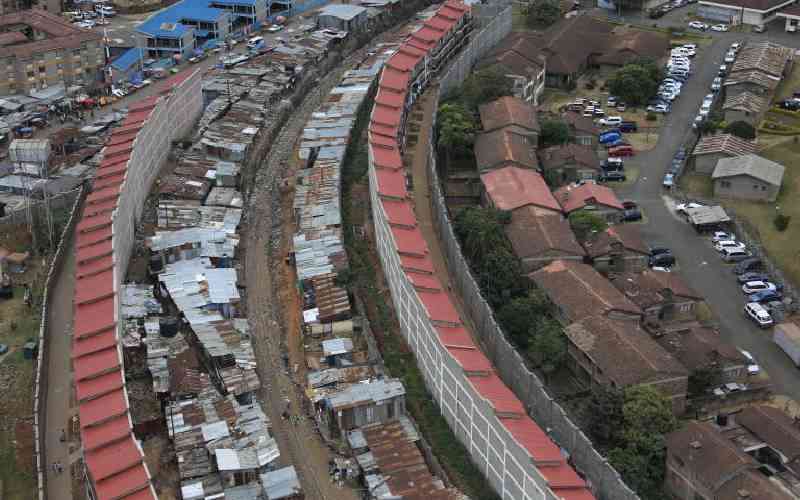×
The Standard e-Paper
Stay Informed, Even Offline

Over the years, Africa has had countless poverty alleviation initiatives with varying degrees of success. While some programmes have made significant strides, others have fallen short, often due to a lack of data-driven approaches.
The persistent challenge of extreme poverty requires us to rethink and refine our strategies. It's time for African governments to adopt evidence-based models like poverty graduation, which have demonstrated efficacy in reducing poverty and optimising resource use.